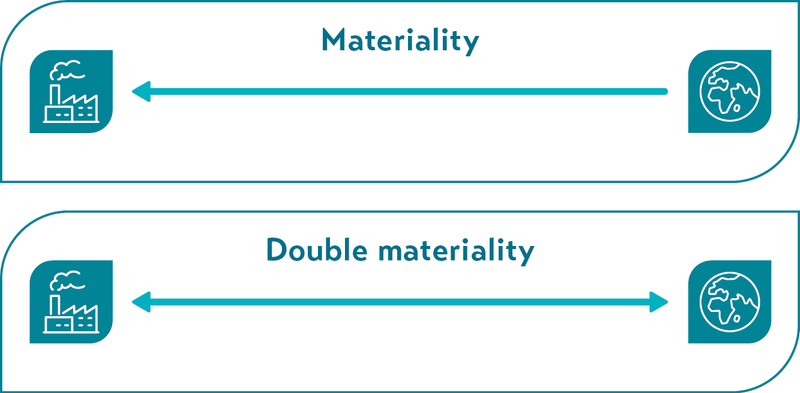The table below shows some of the factors private capital may consider under each category both within its direct operations and within its supply chain (particularly when considering environmental and social vectors).
Private capital is coming under increasing pressure from all angles to disclose ESG related information. To make the data-gathering and disclosure efficient and useful to all stakeholders, the sector must continue to unite, collaborate and share knowledge on approaches that work well, and experiences learnt. The BVCA’s Responsible Investment Advisory Group (RIAG), works with many of the sector's ESG leaders, and provides a great platform to facilitate collaboration and support the sector to respond to the ESG challenges it faces."

ESG in private markets is now a truly mainstream concern and is top of mind for the team at PAI. We consider sustainability to be essential for long-term growth and value creation. Put simply, it’s an integral part of our real economy investment strategy and underpins how we invest, manage and realise value. Our objective is for our portfolio companies to be bigger, better and more sustainable at exit than they were at acquisition. Prioritising areas such as decarbonisation, biodiversity and diversity & inclusion helps us to achieve this.















